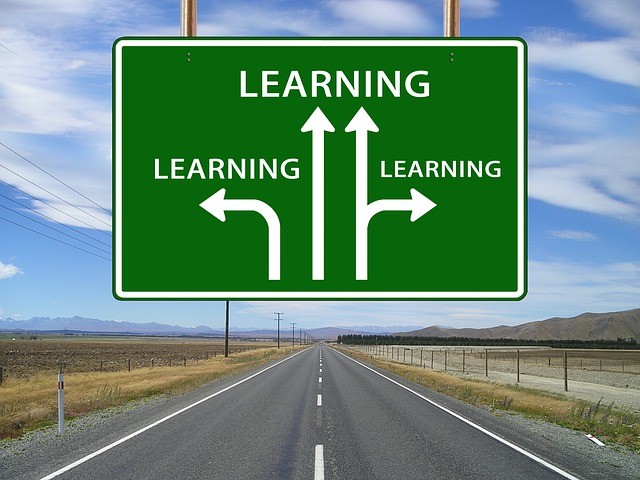Research shows that the most successful people read for at least 2-3 hours every day. They join organizations that encourage continuous education and keep themselves updated of the latest information.
Significance of lifelong learning
Gaining new insights via continuous learning are an essential component of personal success. Today, the world around us is changing at a rapid pace. We are in the Information Age where we need to constantly keep learning new information and knowledge to get ahead of competition.
Expand your mind
There are three kinds of learning that you can acquire, either consciously or by chance. Let us learn about each kind of learning in detail.
-
Maintenance learning
Maintenance learning is the type that refers to staying updated about your area of work or interest. This helps you keep on pace so that you don’t fall behind.
Maintenance learning is much more than simply reading a popular column occasionally or subscribing to newsletters as a way to add to education. You may equate it with light physical exercise; it keeps you trim but wont work wonders on your fitness levels.
-
Growth learning
This learning style adds knowledge and skills to your portfolio that you did not already possess.
Because this learning gives you a new skill set and knowledge, you can now accomplish things that you couldn’t before.
You can expand your mind and learn new things by surfing the Web, reading books and industry magazines, listening to podcasts, etc.
-
Shock learning
Shock learning actually refers to un-learning something that you already know.
This type of learning can be tremendously valuable if you know how to leverage it.
The next time when something unexpected or undesirable happens, don’t ignore it. Treat the situation as a learning opportunity instead of reverting to the familiar.
Break out of your comfort zone and adapt to new situations for lifelong learning.



